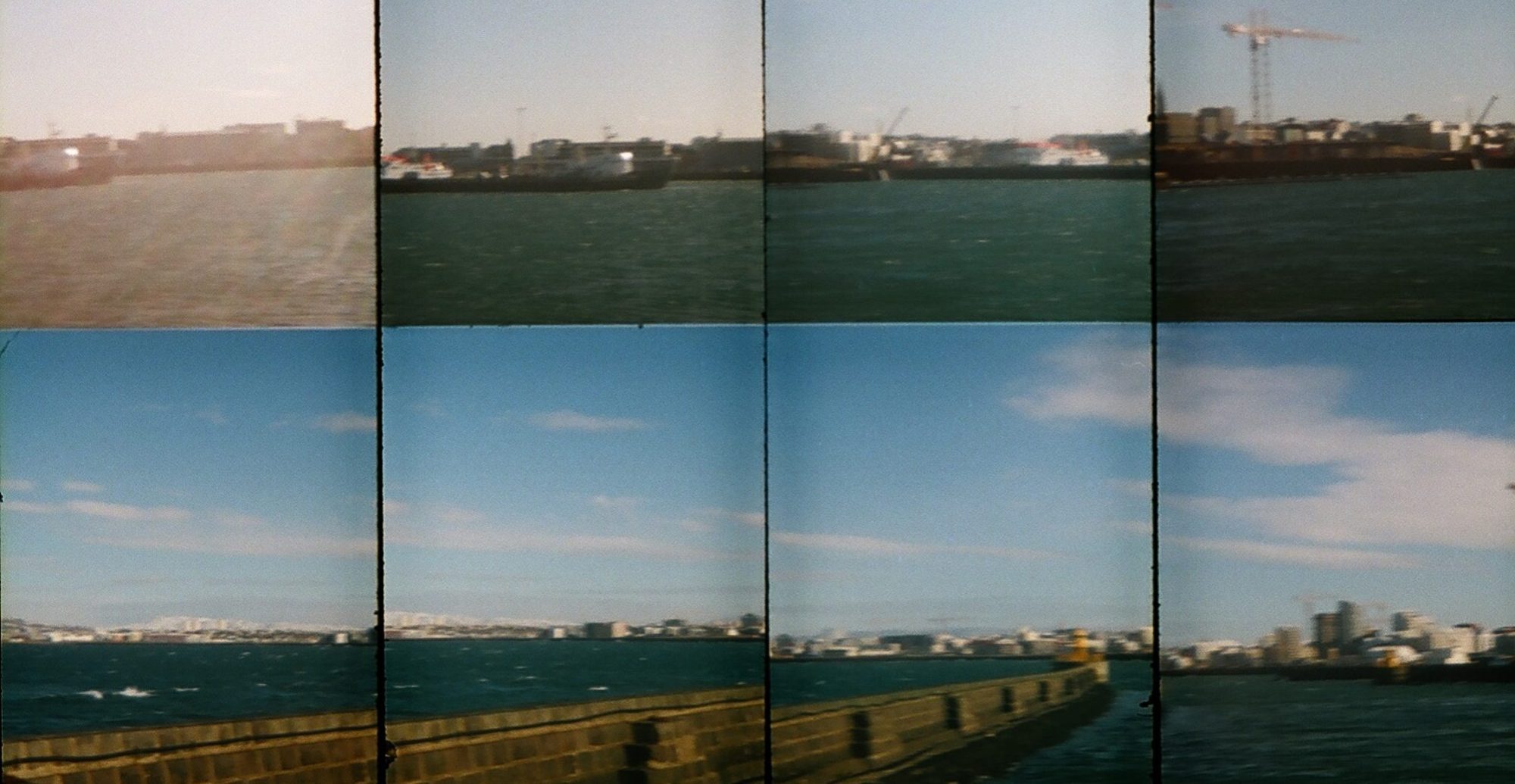
I was asked to write a pitch for an unnamed publication about things to do in Reykjavík during a layover. I didn’t get it (for some reason) but I had fun writing it and thought I might share it.
In 2001, when I was 17, I moved from Mosfellsbær, a hamlet of Reykjavík, into the city centre. Aside from several years spent overseas, I have lived here ever since; a true Reykjavík miðbæjarrotta (downtown rat). As a resident of Reykjavík, I have borne witness to the changes that the ongoing tourism boom has wrought on the city and Iceland as a whole. Since the millennia, tourists have devolved from welcomed guests in our homes, cafés and communal spaces, to social pariahs ushered into a penned-off, artificial world that presents a disorienting cartoon vision of what it means to “experience Iceland”. This strange, alternative dimension consists of set-design environments that very few Icelanders ever set foot in, e.g. artificially constructed ice caves, “secret” lagoons with ample parking, Potemkin-Viking villages, and virtual-reality rides of natural wonders barely an hour’s drive away. In this landscape, English reigns supreme, the Icelandic language being pushed to the fringes of signposts, shopfronts and menus. Many locations have even received new Disneyland-monikers, such as Rainbow Street (Skólavörðustígur) and Diamond Beach (Eystri-Fellsfjara).
As an Icelander, I obviously find this development incredibly frustrating and threatening to my culture and my language. Much like the love-lock-strewn park benches and fences left behind when the tourists return to their homes, our everyday environment is being permanently altered for the sake of visitors, some of whom are spending less than 24 hours of their lives here. Still, having travelled to other countries and cities facing a similar defacing in the service of their own tourism economy, I can only imagine that the guardrails that this sort of fabrication of a nation’s identity inflicts upon visitors’ experiences must be a nuisance to the tourists also. As the saying goes: “The tourist, by his very being, ruins the experience he seeks.”
In this light, a major theme of my piece would be an attempt to provide travelers with the means of experiencing Reykjavík from the point of view of its actual residents, offering guides and insights into the cultural environments that the locals frequent, rather than the theme-park Reykjavík that has risen like a warped shadow city over the past two decades. I would also seek to provide visitors with ways and means of respectfully and enthusiastically interacting with Reykjavík’s residents, many of whom feel entirely submerged by the continuous waves of tourists being dropped off in their previously underpopulated city and remain guarded against even the friendliest greeting. In this way, I would aim to create a footnoted guide to the real Reykjavík, the one that can still be found behind the disorienting fun-house-mirror reflection that the curious traveler is currently faced with on their first visit to Iceland.









